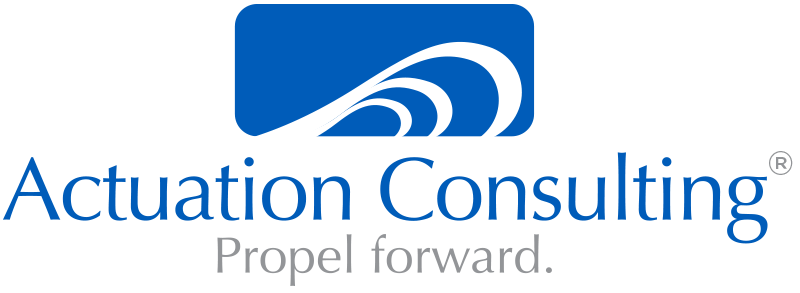David, thanks for joining me today.
Tell me about what it is like to run the Chicago Product Management Association. What do you find most gratifying and what is the most challenging aspect of the job?
(DR) I really enjoy working on the Chicago Product Management Association, or ChiPMA as we like to call it. It is the only organization in the area that is entirely focused on the Product Management discipline, so I think it is a vital part of keeping innovation rooted in the Chicagoland area. It’s a great way to keep tabs on the Chicagoland Product Management community while also acting as a Product Manager support group. Everyone there understands the unique challenges and frustrations that we face as Product Managers, so it’s a good place to go vent and reset your perspective.
As for the challenges involved, to be honest, I’m not doing nearly as much of the operational work these days. Eric Bingen has taken over the two challenging parts – finding quality speakers and publicizing events – so I get to come to the meetings, say a few words and socialize. It is definitely a challenge to find a variety of good speakers with relevant topics that are willing to speak for free. Luckily, he is doing an excellent job, so I can focus on other areas.
As for the most gratifying aspect, outside of the happy hours we occasionally have, I would have to say it’s when we have speakers at our monthly meetings that encourage so much participation that it’s more of a moderated discussion than a presentation. I feel that the members and the speaker both gain so much knowledge from those meetings and they provide actionable, real world concepts to help Product Managers increase their effectiveness.
How has the Chicago Product Management Association grown over the years? What’s changed?
Interestingly, while the ChiPMA has grown from about 20 members when Bernhard Kappe started this in early 2010 (he and Pathfinder Software are still heavily involved, by the way) to well over 600 now, we still have the same close knit feeling in our monthly meetings. This is probably due to the size of the meetings still being roughly about 20-30 people. People still feel that they can walk right in and join a conversation with their fellow Product Managers.
One aspect that has changed quite a bit is the networking opportunity that the ChiPMA provides. Now that we’ve established our name a bit, people know that they can come to the event when they’re looking to hire and typically find good candidates or solid leads. I can’t tell you how many times lately I’ve had someone come up to me at a meeting and let me know that they found their new opportunity either at a ChiPMA meeting or via someone that they met at one of the meetings.
As a contributor to the ProdBOK Guide, do you have a vantage on how the book might help industry professionals?
The ProdBOK Guide, I believe, will serve as a roadmap through the many aspects of Product Management. Product Managers come from a wide variety of backgrounds and each has their own idea of what Product Management is and what Product Managers do. Furthermore, most of the people hiring Product Managers don’t have a consistent idea of what the new Product Manager should be producing. So you’ve got inexperience paired with unclear expectations, which is a recipe for disaster.
The ProdBOK Guide can help Product Management newbies and their executive management plot a course from where they find themselves now to a successful product launch. It provides a structured sampling of methodologies, practices, and concepts that allows the Product team to pick and choose what works for their particular situation, industry, and product.
The ProdBOK also allows the more experienced product manager to refresh their memory on some areas of the discipline that they don’t use regularly or to shore up some weaknesses they may have in their overall execution. It presents a wide variety of topics with enough detail to give a working knowledge of the concepts without burying the reader in examples and edge cases.
David, why did you choose to participate in the ProdBOK effort?
When I heard who was going to be contributing to the ProdBOK, I jumped at the chance to work with them. These are the thought leaders and industry experts in Product Management. We follow their blogs, read their books, and beg them to speak at our events. I was honored to be able to collaborate with them.
Furthermore, Greg, you contribute so much to the local Product Management community here in Chicago, I was happy that I could help you in a small way. You have headlined many ChiPMA events, been an avid participator in ProductCamp Chicago and always been there for the Chicago Product Management Community. It was great to be able to give a little bit back to you.
Any final thoughts?
You have created something amazing which will be on the bookshelf, desktop, or Kindle of every Product Manager in the country and you should all be very proud. I learned a ton when I read it and was able to apply that knowledge to my day-to-day activities immediately. I’m sure that this will be an amazing success and a valued resource for Product Managers in all stages of their careers.
Greg Geracie is the author of Take Charge Product Management©, the Editor-in-Chief of The Guide to the Product Management and Marketing Body of Knowledge (ProdBOK), and the leader of this initiative. Greg is an Adjunct Professor at DePaul University and the President of Actuation Consulting a global leader in product management training, consulting, and advisory services to some of the world’s most successful organizations.

